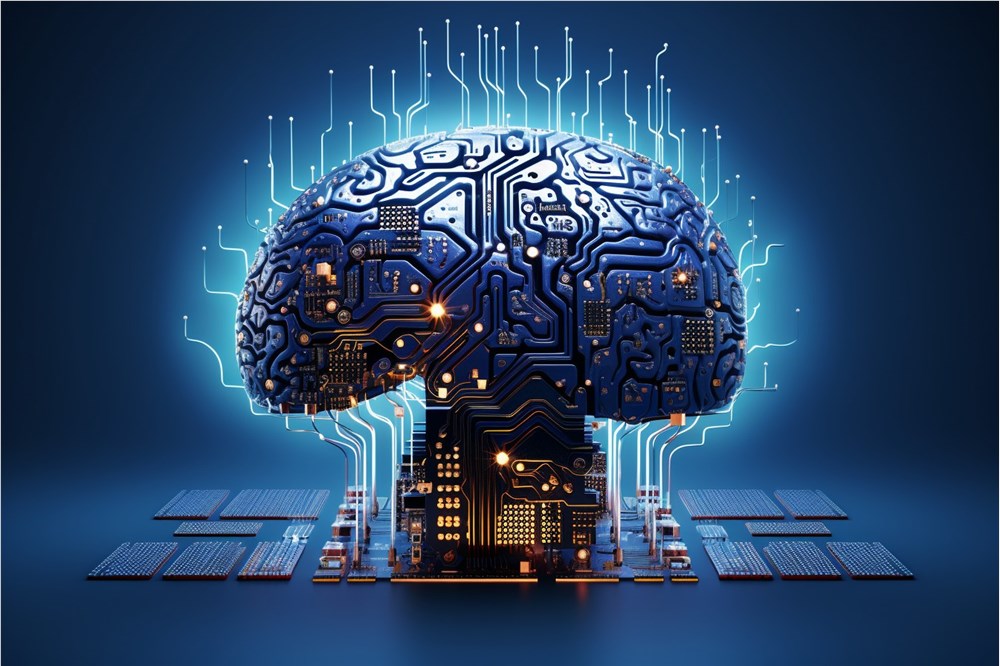BAAI Unveils WuJie AI Models, Including Breakthrough Emu3
At the 7th Beijing Zhiyuan Conference, the Beijing Academy of Artificial Intelligence (BAAI) made waves with the debut of its WuJie series—a collection of cutting-edge AI models pushing boundaries in multimodal understanding and embodied intelligence. The release underscores China's accelerating advancements in artificial intelligence research.
The lineup includes several groundbreaking systems:
- Emu3: A native multimodal world model integrating vision, hearing, and touch data
- Jianwei Brainμ: A neuroscience-inspired foundation model bridging biological and machine intelligence
- RoboOS2.0/RoboBrain2.0: An embodied intelligence framework for advanced robotics
- OpenComplex2: A full-atom microscopic life model for scientific discovery
 Image generated by AI, image authorized service provider Midjourney
Image generated by AI, image authorized service provider Midjourney
What makes Emu3 particularly noteworthy is its ability to process multiple data types simultaneously—a capability that could revolutionize how machines interpret complex environments. "This isn't just about recognizing patterns," explains one researcher familiar with the project. "It's about building machines that understand context across sensory modalities."
The neuroscience-inspired Jianwei Brainμ represents another leap forward. By incorporating biological principles into its architecture, the model offers new possibilities for creating AI systems that learn and adapt more like human cognition.
For robotics applications, the RoboOS2.0 framework paired with RoboBrain2.0 aims to create more fluid human-machine interactions. Early demonstrations suggest these systems could enable robots to perform complex tasks with unprecedented adaptability.
Perhaps most intriguing for researchers is OpenComplex2's potential to simulate molecular interactions at atomic precision. This capability opens doors for accelerated drug discovery and materials science breakthroughs.
The conference attracted hundreds of experts who debated AI's future directions. Many left convinced these models could soon impact fields from healthcare diagnostics to environmental monitoring—though challenges around computational demands and ethical implications remain.
Key Points
- BAAI's WuJie series introduces four specialized AI models with distinct capabilities
- Emu3 combines multiple data types for richer environmental understanding
- Neuroscience principles inform Jianwei Brainμ's architecture
- Robotic systems may achieve new flexibility through embodied intelligence frameworks
- OpenComplex2 enables atomic-level simulations for scientific research